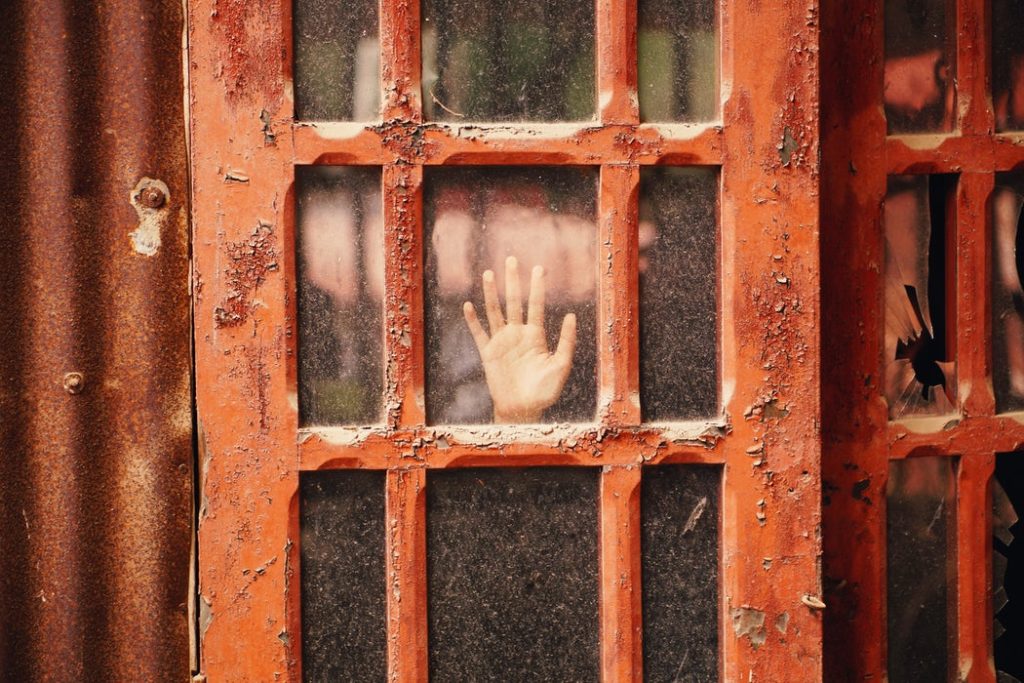Saying goodbye doesn’t mean anything. It’s the time we spent together that matters, not how we left it. -Trey Parker and Matt Stone, South Park, Tweek Vs. Craig, 1999
I have pulled up in front of the high school and am dropping Neil off in the morning as I have done since he started wrestling two months ago.
“Bye, honey – I love you; hope you have a good day!”
He picks up his backpack and bag of wrestling gear, opens the door and climbs out, shuts the door, and walks into the school without a word, without a glance. This happens every day. And this morning it struck me that even though my son has changed so much in the past ten years, this one thing is still the same. When it’s time to go to school, he doesn’t say goodbye.
When he was five (and for two years before and after), every morning I would walk outside with him when the SPED bus pulled up to the house. I would follow him up the steps of the little bus, greet the driver, and buckle Neil in his seat. I would kiss his head, tell him I’d see him when he got home, bid the bus driver a good day, and step off the bus. Then I would stand in the front yard, smile, and wave goodbye to my son as the bus pulled away. And every day, Neil would stare straight ahead. He would not smile; he would not wave. This went on for five years.
As time passed, he learned to say goodbye in certain situations. For the past two years, I have been able to leave him home alone for short periods of time, and he will respond, “Bye, Mom” when I say goodbye to him. When someone has been visiting our home, he will say “Bye” upon their departure, with prompting. It is never initiated.
As a parent, I’ve learned to just accept it. I’m sure that they continue to work on it in his social skills class. But the fact is that his hard-won ability to talk does not guarantee the ability or the desire to say what society expects. This is one of the many facets of autism. In his mind, perhaps, it is unnecessary to say a parting word upon leaving someone’s presence, especially when it happens the same way every single morning. Or, perhaps, as he gathers his things, steps out of the car, and readies himself to enter a loud, bustling building and function in an unpredictable environment, he doesn’t have the reserves to say anything, to acknowledge me, to be polite. He is too focused on preparing to begin his day at a place that he would rather not be. Even when he is not being bullied, his sensory filters are in overdrive, and his stress level is high. He has to regulate his behavior with both peers and teachers for almost nine hours. And that ain’t easy. I don’t have the heart to tell him yet again that it would be “polite” to say goodbye to the person who drops him off.
And so, tomorrow morning, I will pull up to the front curb of the high school and tell my son that I’ll see him when I pick him up after wrestling practice. I’ll say goodbye and tell him that I love him. And he will pick up his things, get out of the car, shut the door, and continue on into the school without responding. And I will drive off to work and be thankful that, at this point, he does as well as he does. As much as I would love to hear him say goodbye, I don’t need to. I’ll just look forward to the smile he gives me when I pick him up from wrestling practice. That’s worth a million forced goodbyes.

